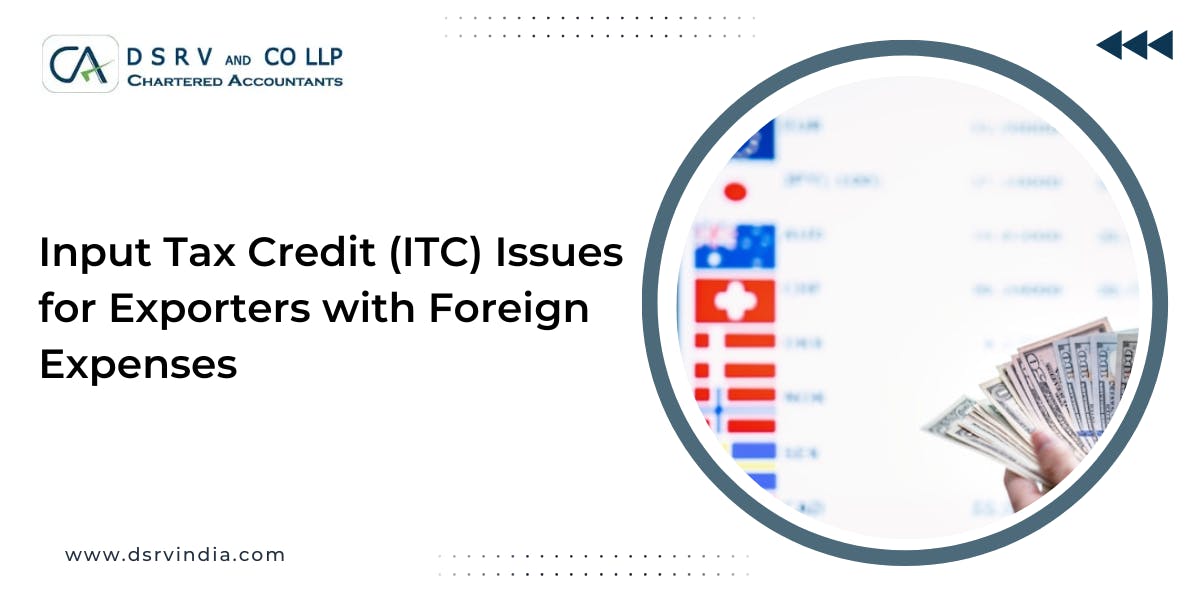Read Also: Steps to File Tax for Residents in India This Year
Documents Required For ITR
Before filing your Income Tax Return, you need to keep essential documents ready with you. The documents you would be required to bring will vary according to your source of income. As the top income tax consultant Gurgaon, we have listed out the documents for you. They are:
- For Salaried Individuals: payslips, rent receipt paid for HRA, investments made under Section 80C, 80D, 80E, and 80G, Form 16/16A, 26AS.
- Capital Gains: mutual fund statement, sale and purchase of debt funds/equity, selling/purchase price of a house, capital gains statement showing the sale of shares and stock trading, registration details if any house property is sold, ELSS statement.
- House Property: co-owner details, PAN card details, home loan interest certificate, and property address.
- Other Sources: details of interests received from tax-saving or corporate bonds and bank FD details.
Types of Tax Assessment
There are different types of Income Tax Return Assessment depending on the mode of assessment the taxpayer opts for, and based on the situation of the taxpayer. Let us learn more about them:
Self-Assessment
In this assessment, the taxpayers themselves determine the amount of tax payable and fill out all necessary forms and details. The taxpayer determines that amount, tax deductions, and income sources and pays the tax according to what is stated under the Income Tax Act- Section 140A. If there is any amount which is found unpaid, then the taxpayer should pay it under the regular assessment. The taxpayer should reduce Advance Tax and the TDS from the amount which is to be paid within the taxes when filing their return of income.
Regular Assessment
The income tax department assigns an income tax office to assess the payable tax of the taxpayer. This assessment is to ensure that the payable tax mentioned by the taxpayer has no discrepancies and has no additional or reduced amount within what has been paid. If the taxpayer fails to respond within 30 days, then they are subjected to a scrutiny assessment, after which they would be required to answer the official notices sent by the income tax department. The taxpayer will be required to produce a book of accounts, to confirm whether they have filed the accurate amount within returns. The entire process is overlooked by the Income Tax Officer or Assessment Officer.
Scrutiny Assessment
After filing an income tax return, an income tax office may be assigned for assessment under income tax act by the income tax department. They will be sent by the authorities when there is a case where the taxpayer has not fulfilled certain standards as set by the rules and regulations. Under Section 143, the Income Tax Office will be required to conduct a thorough examination of all documentation provided by the taxpayer and may be required to also give additional information. After this, if the taxpayer finds there is a mismatch of information, then they can take matters to higher authorities.
Summary Assessment
In this type of assessment, the information submitted by the taxpayer is double-checked by the income tax department. The return is processed online and all corrections are virtually implemented. The required adjustments are then made and need to be done according to what has been mentioned under Section 143.
If you are not compliant with the income tax assessment to file returns and are sent multiple notices by the income tax department, then it may lead to “Best Judgement Assessment” under Section 144, followed by “Income Escaping Assessment” under Section 147. Remember to read all details carefully to remain in compliance with all rules and regulations set by the income tax department.
Read More: Don't Let Indian Income Tax Haunt Your Dreams: A Must-Read Guide On NRI Taxation
Conclusion
Income tax assessment may seem hectic when all the steps and required documentation are not clear to you. It is important to know all details to ensure compliance with rules and regulations. After this guide, hopefully you will now be able to stay prepared for your income tax assessment.
If you want further guidance on how to file taxes or regarding complex topics like cross border transactions? Then reach out to the top chartered accountant firms in Gurgaon, DSRV India where we walk you through every step of the process.








